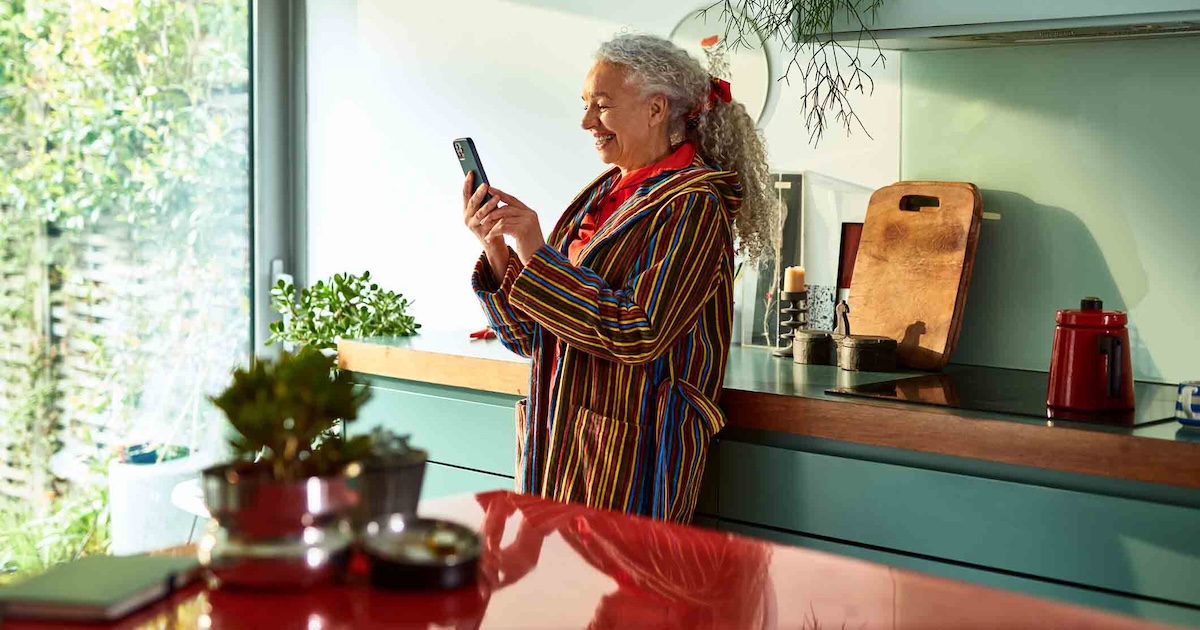 The National Institutes of Health (NIH) has re-issued two grant opportunities from September 2011, to encourage new mobile health app developers to apply for grants.
The National Institutes of Health (NIH) has re-issued two grant opportunities from September 2011, to encourage new mobile health app developers to apply for grants.
One is a research grant, for projects with some preliminary testing behind them, while the other is an early stage exploratory or developmental grant. Both are aimed at "stimulat[ing] research utilizing Mobile Health (mHealth) tools aimed at the improvement of effective patient–provider communication, adherence to treatment and self-management of chronic diseases in underserved populations." For the exploratory grant, applicants can receive up to $275,000 over two years. The research grant has no upper limit, and research can last as long as five years.
"With the rapid expansion of cellular networks and substantial advancements in smartphone technologies, it is now possible -- and affordable -- to transmit patient data digitally from remote areas to specialists in urban areas, receive real-time feedback, and capture that consultation in a database," the notices read. "These mHealth tools, therefore, may facilitate more timely and effective patient-provider communication through education communication around goal setting, treatment reminders, feedback on patient progress and may improve health outcomes. This announcement encourages the development, testing and comparative effective analysis of interventions utilizing mHealth technologies. There is also an interest in studying mHealth technologies in underserved populations."
Two particular branches of the NIH are looking for mobile tools: The National Institute of Nursing Research (NINR) and the National Institute of Biomedical Imaging and Bioengineering (NIBIB). When the grants were originally issued in 2011, the NIBIB was not involved and two other branches were -- the Eunice Kennedy Shriver National Institute of Child Health and Human Development and the Office of Dietary Supplements.
Dr. Bill Heetderks, Director of Extramural Science Programs at NIBIB, said his organization is basically the technology institute in NIH. They've lately come to realize that mobile technology, with its propensity to address chronic conditions, is an area of a lot of promise -- and one in which relatively few researchers are applying for NIH grants. On the other hand, Dr. Patricia Grady from NINR said the 2011 announcements drew "a good response" and that about $1.2 million in grants were given out in response to that call.
"The issue for a lot of these potential mobile health applications is to ask the question 'How do you build something that works?'," Heetderks told MobiHealthNews. "We have a very prescribed version of what we mean by 'what works'. Demonstrating that a particular technology is effective in the management of a specific condition and that, as a result, for individuals that have this condition life is improved. That goes well beyond developing a gadget. Developing a gadget and integrating that gadget into a healthcare system that involves providers and a larger system, that’s the kind of research we’d be hoping to see."
The NIH has a long history of supporting mobile and digital health research through grants. Notably, the Scripps Translational Science Institute in La Jolla, California, which does a lot of efficacy and validation work on prominent mobile health technology, is funded in part by a $29 million NIH grant, the largest single grant the NIH issues. Leap of Faith Technologies and Great Lakes NeuroTechnologies, mobile health companies that focus on medication adherence and Parkinson's respectively, have both received large amounts of funding from NIH.
NIH grants are reviewed and distributed via a peer review system, which enables the Institutes themselves to answer questions and provide guidance to applicants without the risk of biasing the system.
"Our goal is to improve health," Heetderks said. "My belief is that well designed applications in combination with well-designed support services, etc, has the potential to really fundamentally improve health. My contention would be we don’t at this point know how to do that or what those apps are. The goal is to promote research to start figuring out the answer to that particular question."


